Introduction
In the midst of a bustling life, where home renovations, decluttering, and waste disposal become inevitable, skip hire services have emerged as saviours for many households across the UK. These large bins offer a convenient way to dispose of waste, providing a central place to gather unwanted items. However, not all waste is made equal, and it’s essential to understand what items things shouldn’t find their way into a skip to ensure safe and legal waste disposal.
The disposal of inappropriate items in skips can lead to environmental hazards, legal ramifications, and additional costs for households. This comprehensive guide aims to enlighten you on the various items that should never enter a skip, addressing your concerns and providing clarity on responsible waste management practices.
With an amalgamation of insights and practical solutions, this blog post seeks to guide you through the nitty-gritty details of appropriate skip use, shedding light on common misconceptions and offering expert advice to navigate the complexities of waste disposal efficiently.
Hazardous Materials: Know the Unwanted Guests
Hazardous materials are a significant concern when considering skip disposal, due to the potential risk they pose to the environment and human health. These materials require special disposal techniques that typical skip hire services aren’t equipped to handle. Items in this category include asbestos, batteries, solvents, pesticides, and chemicals. These components can leak, emit harmful fumes, or even explode under certain conditions, causing harm and creating unsafe situations for waste handlers.
Solution: Engage with specialised waste disposal services or recycling centres designed to handle hazardous waste efficiently and safely.
Electrical Appliances and Electronic Waste: The Hidden Culprits
E-waste, consisting of discarded electrical and electronic appliances, shouldn’t be tossed into a skip due to their hazardous substances, such as mercury and lead. These elements can seep into the soil and water, causing significant environmental damage.
Solution: Opt for electronic recycling facilities and programmes that accept e-waste, ensuring these items are recycled responsibly or disposed of without harming the environment.
Plasterboard: Not Your Typical Waste
Plasterboard, commonly used in building and construction, is another material to avoid putting in a skip. Due to its gypsum content, it can produce hazardous gases when mixed with other forms of waste, presenting a significant risk.
Solution: Segregate plasterboard from other waste materials and utilise dedicated plasterboard recycling services to ensure it’s processed appropriately.
Medical Waste: A Potential Health Threat
Medical waste disposal in skips is strictly prohibited due to the high risk of contamination and the spread of infectious diseases. This category includes expired medicines, used needles and syringes, and other medical equipment that requires special handling and disposal.
Solution: Engage with healthcare waste disposal services, which have the necessary permits and equipment to handle and dispose of medical waste safely and legally.
Legal Implications and Solutions
Improper disposal of waste not only has environmental and health ramifications but also legal ones. The UK enforces stringent waste disposal laws, with hefty fines and penalties for non-compliance. Thus, understanding the legal framework surrounding waste disposal is crucial.
By identifying and segregating waste that cannot be disposed of in skips, households can avoid legal issues, ensuring they adhere to the regulations and guidelines established by the relevant authorities. Partnering with licensed and reputable skip hire services also plays a pivotal role in legal compliance, as these companies are well-versed in the rules and can provide guidance and support for responsible waste disposal.
Skip Size and Weight Limit Considerations
Apart from understanding what cannot go into a skip, it’s also vital to consider the size and weight limits of the skip you plan to hire. Overloading a skip with heavy materials, even permissible, can lead to safety hazards and additional charges. Being aware of these limitations and planning waste disposal accordingly can save you from unforeseen troubles and expenses.
Solution: Consult with your skip hire service provider about their skips’ weight and size limitations, and plan your waste disposal accordingly to avoid overloading and ensure safety.
Tyres: Rolling Away from Skips
While often overlooked, tyres are another category that shouldn’t be discarded in skips. Due to their non-biodegradable nature and the potential harm they can inflict on the environment, proper disposal methods must be employed.
Solution: Tyres should be recycled at dedicated facilities. Many garages and tyre sale centres offer recycling services. Make sure to enquire and utilise these options to dispose of tyres responsibly.
Compressed Gas Cylinders: A Pressure Situation
Whether empty or full, compressed gas cylinders are a potential explosive hazard and must never be placed in skips; they must be handled carefully to avoid dangerous situations.
Solution: Return these cylinders to the manufacturer or a licensed gas cylinder recycling facility. These establishments have the expertise and equipment to deal with these pressurised containers safely.
Refrigerators and Freezers: Cold Hard Facts
Due to the hazardous chemicals found in fridges and freezers, like CFCs, these appliances require special disposal methods and, thus, cannot simply be tossed into skips.
Solution: Contact your local council or a certified appliance recycling facility. Many offer disposal services, often for free or a small fee, ensuring these items are discarded responsibly and safely.
Paints and Liquids: The Fluid Dilemma
While you might be tempted to throw away old paints, solvents, or other liquids, these should not be placed in skips as they might leak and contaminate the environment.
Solution: For paint, consider donating surplus amounts to community centres, schools, or local artists. Special disposal facilities are available for other liquids to handle these potentially hazardous materials.
Light Bulbs: Handle with Care
Light bulbs, particularly fluorescent tubes, contain hazardous materials like mercury. Thus, they need special handling and should not be thrown into skips.
Solution: Take them to a recycling facility or a home improvement store, many of which offer recycling services for these bulbs.
Everyday Solutions for the Prohibited Items
Awareness is the first step towards responsible disposal. Always be mindful of what you are throwing away and consider if it falls into the prohibited category. Adopting the habit of segregating waste at the source facilitates smoother and more environmentally friendly disposal practices. For the items you cannot place in a skip, leverage the numerous recycling and disposal facilities across the UK designed to handle specific waste materials.
Seek Professional Guidance
If in doubt, seeking professional advice is always the safest bet. Skip-hire service providers know waste management and can offer valuable insights and advice on what can and cannot be disposed of using their skips. They can also guide you on the best practices for segregating and disposing waste, ensuring you comply with all legal and environmental standards.
Your Responsibility Matters
At the heart of efficient and ethical waste disposal is the understanding and acknowledgement of your responsibility towards the environment and the community. Taking the time to learn and implement proper disposal practices not only protects the environment but also contributes to a safer and healthier community. With a little effort and diligence, you can play a pivotal role in promoting and practising responsible waste management in your daily life.
Conclusion
As we draw our comprehensive guide to a close, it’s crucial to recap and internalise the invaluable insights shared. Understanding that skips are a vital tool for waste management, the necessity of practising discerning disposal habits becomes abundantly clear. In a world where responsible waste disposal is encouraged and mandated, knowledge of what should not be placed in skips is invaluable.
Throughout the article, we’ve explored a range of items, including hazardous materials, electronic waste, plasterboard, medical waste, tyres, compressed gas cylinders, refrigerators, freezers, paints, liquids, and sure light bulbs, all of which should be kept far from skips due to environmental, health, and legal implications. Each prohibited item comes with its alternative disposal method, underscoring that there’s a responsible way to discard every waste type.
Understanding and implementing the guidance provided ensures you abide by the law and contribute positively to environmental conservation and community well-being. The act of responsible disposal is a collective responsibility that, when undertaken diligently, significantly impacts our surroundings and quality of life.
For those who find themselves uncertain or with additional queries, expert advice and assistance are never far away. Engage with professionals, like those at Skip Hire Epsom, who are more than willing to provide guidance, ensuring your waste disposal practices are not only efficient but also legal and ethical.
It’s imperative that as responsible citizens, we reflect upon and act accordingly to ensure our waste disposal habits are refined, considerate, and environmentally friendly. Let’s each play our part in creating a cleaner, greener, and more sustainable future for all.
Have you read: 7 Effective ways for Cost-Effective Waste Removal
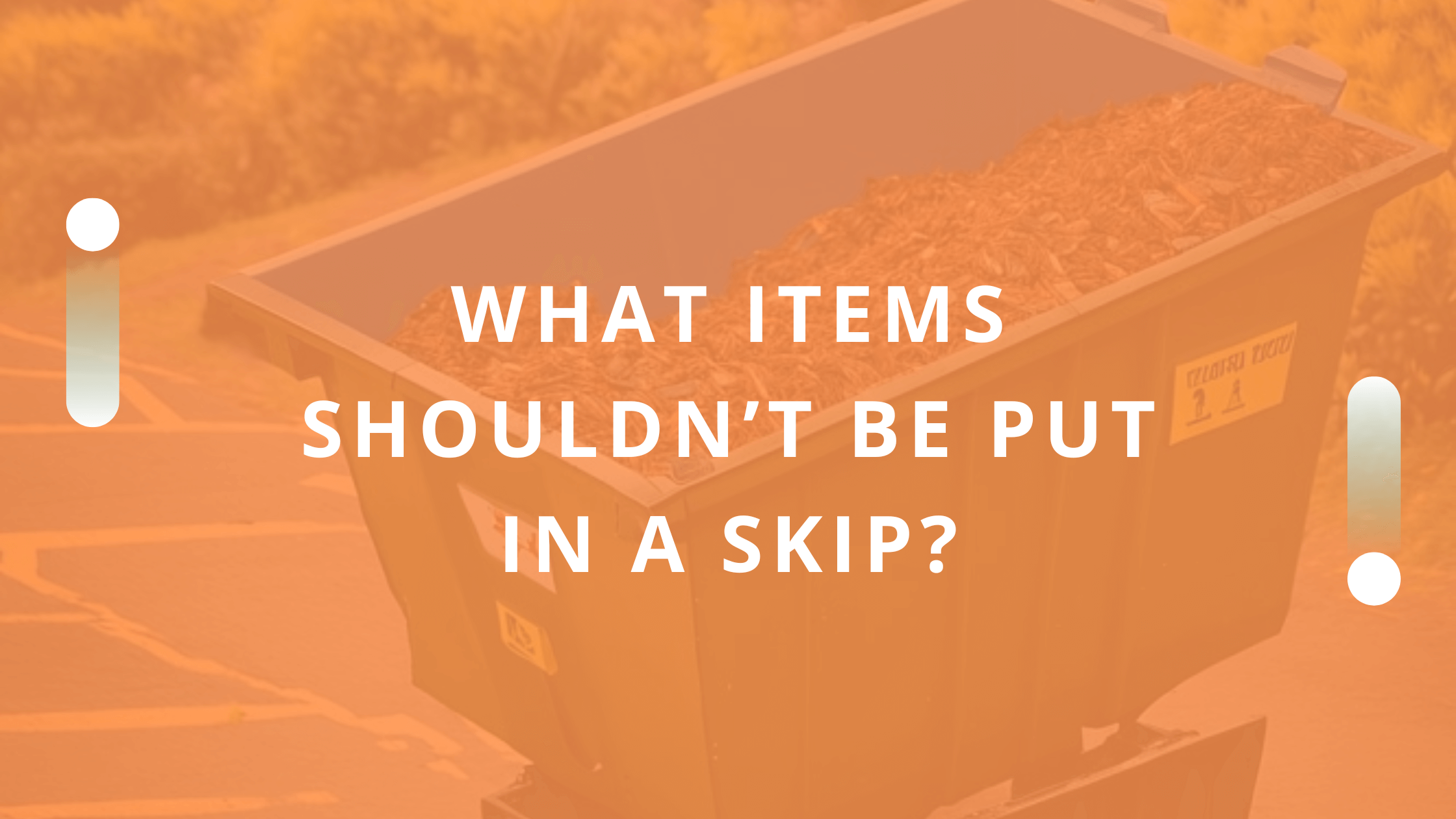
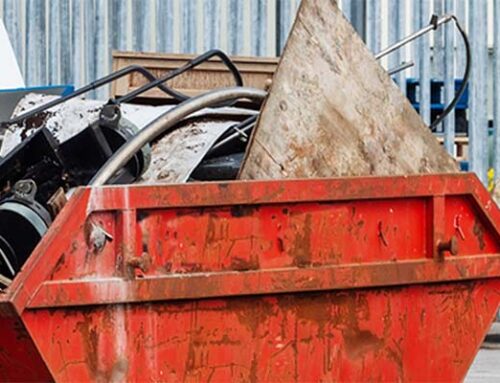
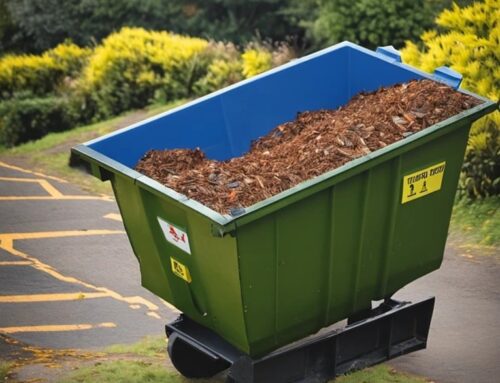
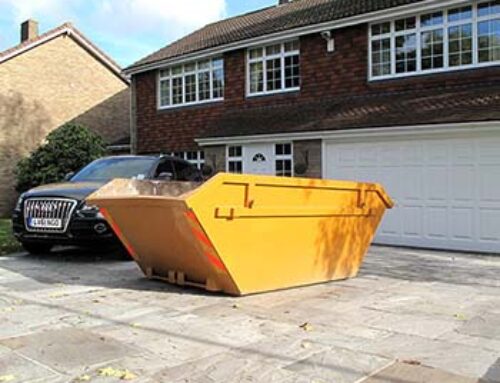
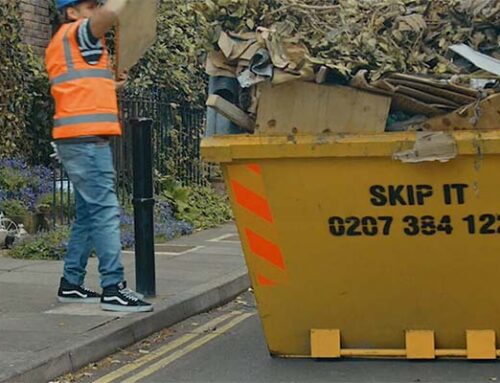
[…] You can also read: What Items Shouldn’t Be Put in a Skip? […]